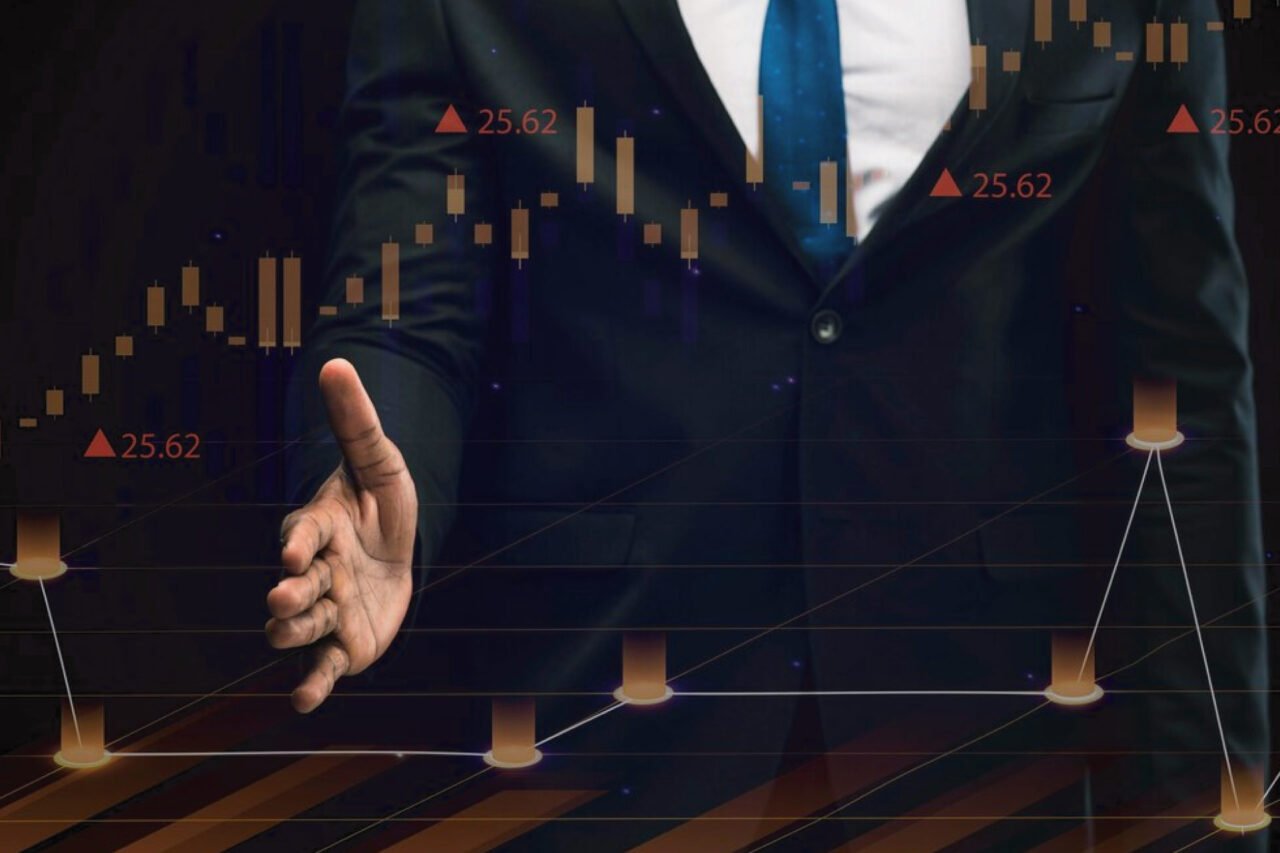With the recent Reddit IPO, all eyes are on the social media unicorn’s public debut. After a record number of public offerings in 2020 and 2021, the doors slammed shut on exits for the past 2 years. There were essentially zero big tech IPOs from December 2021 until September 2023 when Arm, Instacart, and Klaviyo debuted. All three of those IPOs have maintained at least 75% of their IPO price since going public, and ARM has more than doubled on the back of the recent AI wave.
Until Reddit’s recent IPO, no other large Venture Backed tech companies have tested the waters, so we can’t yet declare the IPO winter over. This period of stagnant liquidity has meant longer holding periods for startup employees who either have money tied up in shares or stock options acting as golden handcuffs preventing them from moving jobs.
As a startup employee with either shares or options, what can you do to free yourself from this liquidity crunch? And how would a stronger IPO market impact your equity?
Liquidity Options in a Stagnant IPO Market
The state of the private markets has been rough for any employees looking to cash out their equity. With very few IPOs, M&As, or Venture Capital funding rounds, none of the standard ways to cash out are available. Shareholders must turn to the private secondary market for liquidity.
The issue is buyers have less incentive to purchase private shares as the IPO winter has extended holding periods. Additionally, those willing to purchase shares are doing so at discounted prices compared to 2021 highs. Employees with shares are often holding on to yesterday’s high valuations, thus unwilling to transact at the low prices required to get a deal done.
In cases where buyer and seller can agree on pricing, shares are being sold, but there are added complexities like transfer restrictions and Rights of First Refusal that complicate things. For employees looking to sell, these marketplaces can be a great route to liquidity, if you are comfortable with the price (including broker fees).
For employees looking to exercise their options who either don’t have the funds or cannot afford the risk, there are option exercise funding resources like ESO Fund that can pay the cost of exercise risk free. These funding agreements work well in times like this because you are not selling 100% of your stock at current low prices. The idea is you will sell a portion of your shares and retain the rest until there is a liquidity event down the line.
For those in need of cash now, the secondary market is a great resource to unload shares in this illiquid market. For those simply looking for liquidity without selling out, funding your stock option exercise with a partner allows you to bet on the company (and broader market) risk-free. This will allow you to benefit from any uptick in pricing when the IPO winter eventually ends.
How Does a Stronger IPO Market Impact Private Shareholders
A stronger IPO market benefits private shareholders in 3 main ways.
First, and most obviously, it opens liquidity to shareholders through IPOs. This dominos into an uptick in Venture Capital funding. Once the IPO market is flowing, there are two reasons VC led funding rounds become more abundant.
On the investor side, it’s a lot safer to invest in late-stage companies when the timeline to exit is short and clear, compared to current exit timelines which are lengthy and uncertain. Additionally, using recent IPOs for comparison, investors can more comfortably value private companies.
On the company side, an open IPO market improves pricing power as investors offer more palatable valuations. In the current market, companies are cutting costs and riding out their current runway until pricing improves.
Finally, as IPOs and funding rounds become more common, the private secondary market will open even further. More buyers will be interested in purchasing stock since timelines to liquidity are shorter, and prices will stabilize based on market comps or Venture Capital rounds.This allows patient shareholders to sell their stock at a higher price and means a higher likelihood of closing a secondary sale.
At the end of the day, we are still currently in an IPO winter without imminent end. However, the fall 2023 IPOs set the stage, and Reddit’s latest public debut has furthered momentum. It may not be long before we have a decently sized list of companies filed and ready to exit. Until then, private shareholders must learn to navigate today’s illiquid market using secondary sales and option exercise funding as sources of interim liquidity while we wait for the IPO spigots to flow once again.
Stay Ahead of the Financial Curve with Our Latest Fintech News Updates!
Jordan Long, Executive Team Member, ESO Fund
Jordan Long is a graduate from Wake Forest University where he majored in Mathematics and Economics, and aims to leverage his knowledge in data analytics in the Silicon Valley startup landscape. Jordan previously worked at Telemundo and DidjaTV in a research capacity, working with audience profiling and the deviation from traditional linear television use. Jordan grew up in the Bay Area where he was an All-County baseball player and is an avid sports fan, music enthusiast, and movie lover.

